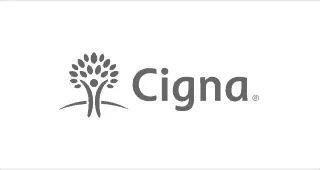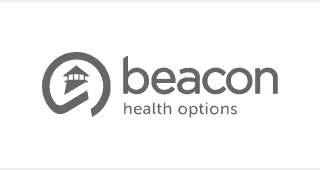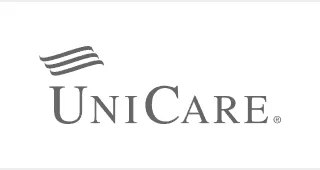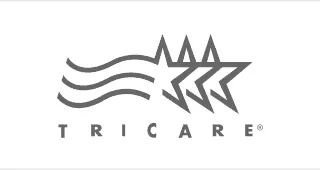What is Holistic Treatment for Addiction?
Holistic treatment for addiction is a type of care that looks at the whole person, not just the addiction. It takes into account the physical, mental, and emotional health of the person, as well as their social and spiritual well-being. Holistic treatment focuses on healing the whole person, not just treating the addiction.
There are many different types of holistic treatment, but some common approaches include yoga, meditation, acupuncture, and massage. Holistic treatment is often used in conjunction with traditional addiction treatment, such as inpatient residential treatment, detoxification, and 12-step programs.
What Does Holistic Mean?
Holistic means considering a person in their entirety, not just their physical aspects of them. This includes the mental and emotional aspects of the person. Taking a holistic approach means looking at all of the factors that can affect a person’s health, and not just focusing on one area.
Why Holistic Treatment?
One of the reasons holistic treatment may be more successful is because it considers the whole person, rather than just the addiction. Traditional treatments tend to focus solely on the addicted individual and their behavior, but holistic treatments look at the person as a whole. This includes their physical health, mental health, social environment, and spiritual beliefs. By taking all of these factors into account, holistic treatments can develop a more comprehensive plan that is tailored to the specific needs of the individual.
Another reason why holistic treatment may be more successful is that it uses a variety of approaches. Traditional treatments tend to focus on one approach, such as 12-step programs or various behavioral therapies. Holistic treatments, on the other hand, may employ a variety of approaches, such as acupuncture, meditation, and yoga. This allows the individual to find the approach that works best for them, which increases the likelihood of success.
How is Holistic Treatment Used to Heal the Mind, Body, and Spirit?
Holistic treatment focuses on healing the mind, body, and spirit as a whole. This type of treatment can be used to help people who are struggling with physical, mental, or emotional issues. By addressing all aspects of a person’s health, holistic treatment can provide a well-rounded approach to healing.
One of the most important aspects of holistic treatment is the mind-body connection. This means that our thoughts and emotions can impact our physical health. When we are stressed, anxious, or depressed, our bodies can react in negative ways. By managing our mental health, we can also improve our physical health.
Holistic treatment often includes alternative therapies such as yoga, meditation, and acupuncture. These therapies can help to reduce stress and promote relaxation. They can also help to improve our overall sense of well-being.
Holistic treatment is about more than just the physical body. It is about taking care of the whole person – mind, body, and spirit. Providing a comprehensive approach to health can help us to achieve optimum health and well-being.
How Does Holistic Treatment Compare to Traditional Treatment Methods?
There is a growing body of evidence that suggests that holistic treatment approaches may be more effective than traditional treatment methods for certain conditions. For example, a recent study found that patients with chronic pain who received acupuncture treatments experienced significantly less pain than those who received conventional medical treatments such as medication and physical therapy.
Other research has shown that yoga and meditation can be effective in treating anxiety and depression, and that massage therapy can relieve pain and improve symptoms of various medical conditions.
While traditional treatments should not be ignored, it is clear that holistic treatment approaches may offer some advantages over more conventional methods. Holistic treatments are often less invasive and have fewer side effects than traditional medical treatments. They also tend to be more affordable and can be easily incorporated into a healthy lifestyle.
Traditional and Holistic Methods
There are many reasons why mixing traditional and holistic treatments is often seen as the best practice in addiction treatment. One reason is that addiction is a complex disease, and no single approach is going to be effective for everyone. Different people will respond to different types of treatment, and a combination of approaches is often more successful than any one approach on its own.
Another reason is that addiction often co-occurs with other mental health disorders, such as depression, anxiety, or trauma. Treating the whole person means taking all of these factors into account and providing comprehensive care that addresses all of the person’s needs.
Finally, traditional and holistic approaches to treatment often complement each other very well. Traditional treatments tend to focus on the person’s physical and psychological health, while holistic treatments focus on the person’s spiritual and emotional well-being. By combining both approaches, a person can receive the best possible care for their overall health and wellness.
Achieve Sobriety Today
At Achieve Wellness and Recovery, our goal is to treat the mind, body, and spirit of all who walk through our doors. We have a yoga instructor on Fridays and also offer Reiki therapy. If you or a loved one would like to find out more, you can contact us here.
We work with most insurance companies. Please note we are not affiliated with or endorsed by insurance companies.
No Medicaid Accepted.


















